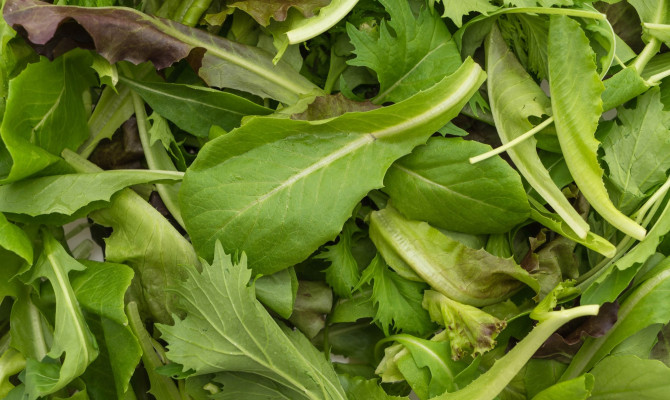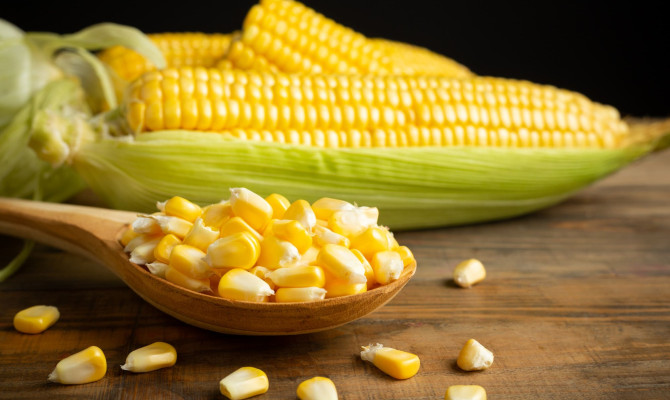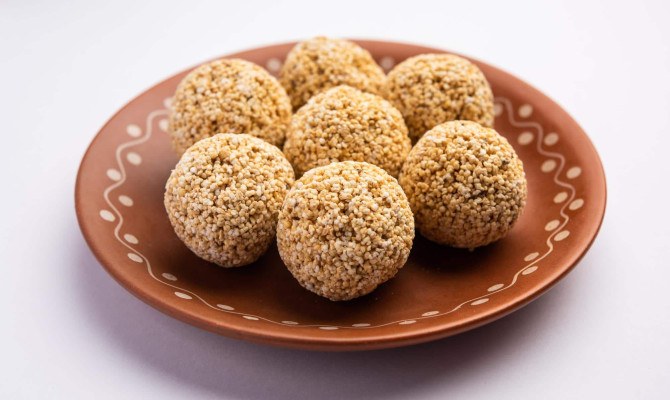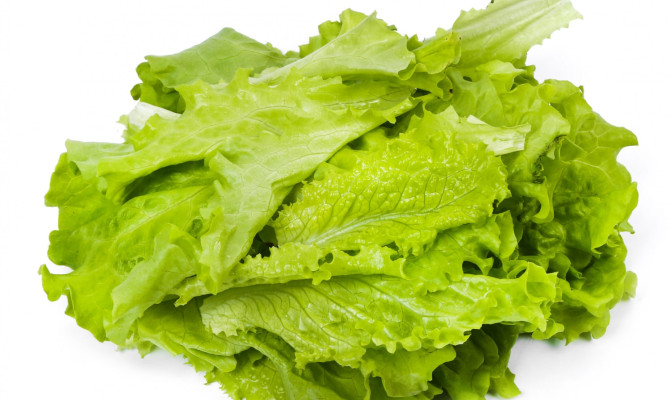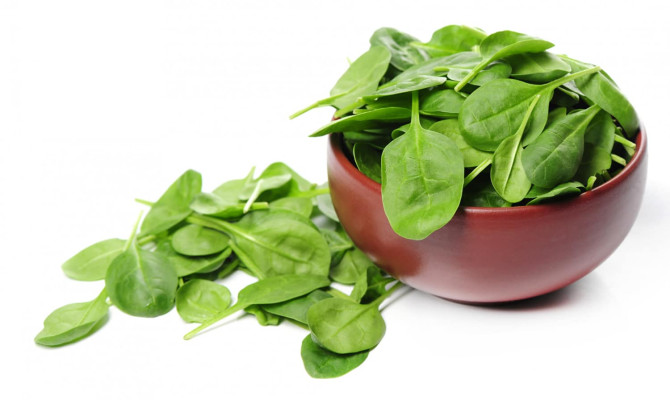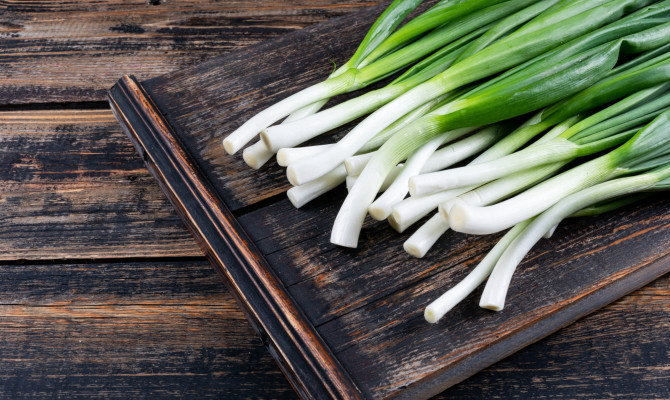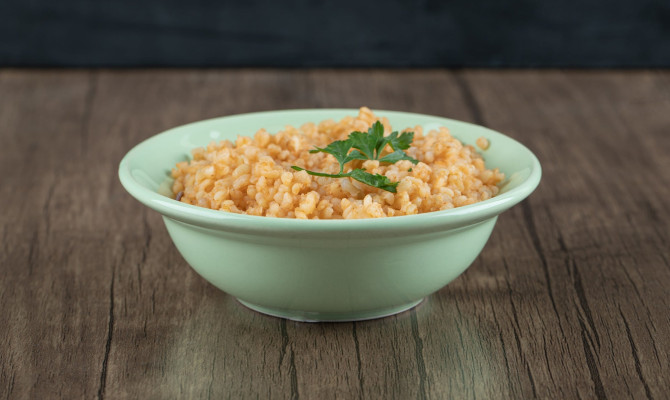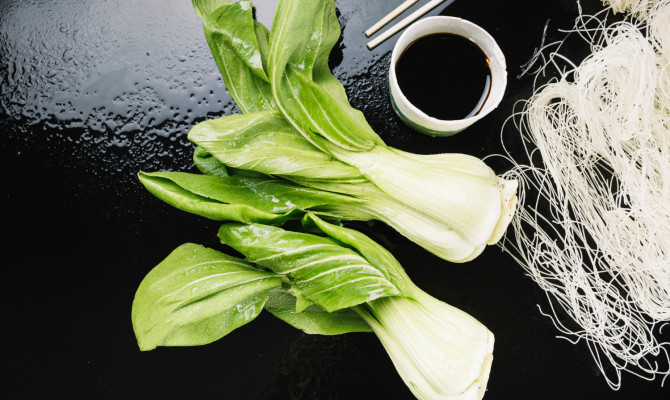Mango Marvels: Navigating its Nutrition, Risks and Benefits

- Mango
- 28 Aug 2023
Overview
Overview:
Mango is a delicious fruit from the Anacardiaceae family. The mango plant is an evergreen perennial and grows to a height of sixty to hundred feet. The ripe mango fruit bears juicy outer yellow flesh with a large oval seed in the center. Mango’s sweet taste and appealing aroma make it a popular favorite fruit for almost everyone. Many mangoes differ in their seed size, texture, color, and aroma. The Mango’s outer skin color can be red, orange, green, and yellow, but the inner fleshy part is generally yellow. Mango is a versatile fruit that thrives well in multiple dishes and recipes. Above all, Mango has an interesting nutrition profile with numerous health advantages, making it a popular choice.
The article will explore the Mango’s nutrition, health benefits, risks, precautions, and some tips to include in the diet.
Here are some facts about Mango:
- Botanically, Mango is called Mangifera indica.
- Mango is indigenous to South East Asia, but now it is cultivated worldwide
- In 2020, the global production of Mango was around 55 million tons.
- India is the lead producer of mangoes in the world, with around 40 to 50% of global output. 1Overview | Researched based study from Science Direct

Nutrition
Nutritional value:
165 grams of raw Mango consist of the following nutrients –
- Calories-99 Kcal
- Sugar-22.5 gm (gram)
- Fiber-2.6 gm
- Fat -0.6 gm
- Carbohydrate -24.7 gm
- Protein-1.4 gm
- Vitamin C-67 % DV (daily value)
- Vitamin K-6% DV
- Vitamin E- 10% DV
- Vitamin A-10% DV
- Copper-20% DV
- Folate-18% DV
- Niacin-7% DV
- Riboflavin-5% DV
- Potassium– 6% DV
- Thiamine -4% DV
- Magnesium-4% DV 2Nutrition | Researched based study from United States Department of Agriculture
% DV or percentage of daily value is the amount of nutrients one should eat daily. The % DV is on the 2000-calorie food (diet).
Bioactive compounds in Mango:
Polyphenols:
- Polyphenols are natural substances present in plants
- It has antioxidant properties and protects the body against cell impairment
Carotenoids:
- Carotenoids are naturally occurring pigments of fruits, plants, and vegetables
- It has anti-inflammatory and antioxidant (detoxifying) properties
Lutein and zeaxanthin:
- Lutein and zeaxanthin are natural substances in plants and fruits
- It has antioxidant and eye-protective properties
Beta carotene:
- Beta carotene is a natural coloring pigment in fruits, plants, and vegetables.
- In the body, beta carotene transforms into vitamin A and helps keep the correct vision, immune response, and healthy skin. 3Nutrition | Researched based study from ScienceDirect
Health Benefits
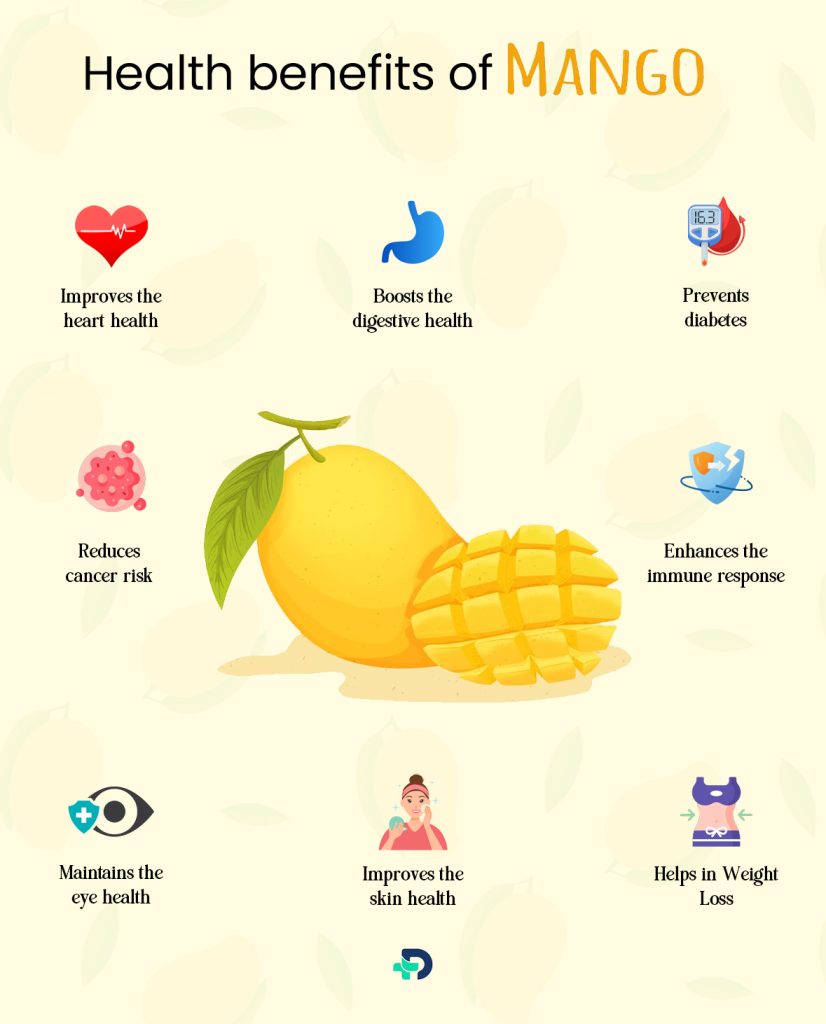
Health benefits of Mango:
Mango has the following health benefits-
- Improves the heart health
- Boosts the digestive health
- Prevents diabetes
- Reduces cancer risk
- Enhances the immune response
- Maintains the eye health
- Improves the skin health
- Helps with weight loss
Improves the heart health –
- In animal studies, nutrients in Mango, including mangiferin, lowered the total cholesterol and prevented heart cells from cell destruction.
- It also lowered blood pressure and helped regulate a healthy blood flow. 4Health Benefits | Researched based study from National Institutes of Health
Boosts the digestive health –
- Fibers and water content in Mango improve the bulk of the stool and eases bowel movement.
- It relieved the symptoms of constipation. 5Health Benefits| Researched based study from National Institutes of Health
Prevents diabetes –
- Research on rodents has found that mango skin and mango leaves have compounds that reduce the sugar level in the body and reduce diabetes risk.
- In yet another study, consuming fresh, dried mangoes for several weeks lowered the sugar levels in overweight individuals. 6Health Benefits| Researched based study from National Institutes of Health 7Health Benefits| Researched based study from National Institutes of Health
- However, there needs to be more research on mango flesh to prove the effect of mangoes on diabetes.
Reduces cancer risk –
- In animal studies, nutrients in Mango prevented abnormal cell development. It also reduces the risk of lung, colon, and breast cancer. 8Health Benefits | Researched based study from National Institutes of Health
- However, more research studies are needed in humans to prove the effect of Mangoes on cancer risk.
Enhances the immune response –
- Nutrients in Mango, such as vitamins A, B, and E, and folate, help the body produce white blood cells to combat infections.
- It also prevented pathogen entry into the body. 9Health Benefits | Researched based study from National Institutes of Health
Maintains the eye health –
- Nutrients in Mango protect the eyes from the detrimental blue light and excess sunlight.
- It reduces the possibility of age-related eye diseases. 10Health Benefits| Researched based study from National Institutes of Health
Improves the skin health –
- Nutrients in Mango prevent skin damage and help maintain a healthy skin
- It also helps in the body’s collagen production and causes skin tightness. 11Health Benefits| Researched based study from National Institutes of Health
Helps with weight loss –
- Nutrients in Mango improve satiety and keep the stomach full for extended periods.
- It decreased the food intake in later meals and reduced the body weight. 12Health Benefits| Researched based study from National Institutes of Health
Side Effects
Side effects of Mango
Most people devour Mangoes without any after-effects. However, some people with poison oak, latex, or nut allergies might encounter the following adverse effects.
- Urticaria
- Skin reddening
- Skin reaction and itching
- Burning sensation around the mouth
- Swelling of lips and throat
- Runny nose
- Throat pain
- Chest pain
- Stomach pain and diarrhea. (In excess consumption)
- Trouble breathing. 13Side effects | Researched based study from National Institutes of Health
Risks
Risks of Eating Mangoes:
- Sensitivity – Mango peels contain small amounts of urushiol (a compound also found in poison ivy plant) that might affect people sensitive to it and trigger mouth allergies and contact dermatitis. So, one with urushiol sensitivity must always avoid touching the Mango’s outer peel.
- High in calories – Moreover, compared to other fruits, Mango is high in calories, so one must not consume more than one fruit in one sitting. 14Risks | Researched based study from National Institutes of Health
Precautions
Precautions:
- Moderate mango consumption is quite beneficial for most people.
- However, people must remember that mangoes contain sugar and calories.
- So, one must avoid eating fruit immediately after meals as it can lead to spikes in the body’s blood glucose levels and add on weight. 15Precautions| Researched based study from National Institutes of Health
Buying & Storage
Buying and Storing Mangoes:
One can buy mangoes from local farmer markets, food stores, and grocery stores throughout the year, but the season is between spring and summer for most varieties, while autumn is for a few types. While buying mangoes, observe the following things –
- Ripe Mango’s skin moves a bit when squeezed and has a sweet fruity flavor on its stem.
- A medium-ripe mango is firm in touch, while unripe mangoes are very hard when touched.
- Never buy mangoes by seeing their color; judge them by your touch and aroma.
- Keep the young green mangoes at room temperature in a dry place until ripe.
- One can put it in a plastic or paper bag to hasten the ripening process.
- Store the uncut whole ripened mangoes in the refrigerator to delay further ripening. One can keep it as such for around four to five days.
- Keep sliced or peeled mangoes in a sealed container in the refrigerator to stay fresh for several days.
- People can keep the cubed mangoes in a sealed vessel in deep freeze for about six months.
Preparation
Preparation:
- Wash the whole fruit in running water to avoid any contamination.
- Pull off the skin with a sharp knife and then cut it into longitudinal slices or small pieces.
- Rewash it before eating it as a whole or adding further to different recipes.
- One with skin sensitivity to the mango skin must wear a glove before cutting the mangoes for use in recipes.
Tips To Include Mangoes
Tips to include Mangoes in the diet:
People can eat mangoes in raw form by peeling the skin or adding it to several recipes.
- Take a ripe mango, peel the skin, and eat it as a snack at any time of the day.
- Cut the mango into small pieces and add it to a smoothie.
- Use the unripe mango to prepare delicious spicy or sweet pickles.
- Cut the mango into small cubes, freeze them, and add to cocktails.
- Add mango cubes to your favorite fruit salad to enhance the nutrition.
- Add grilled Mango to barbeque chicken and relish the taste.
- Blend cut pieces of Mango with skimmed milk or yogurt and enjoy the natural sweetness.
Interaction
Interaction:
- Mangoes might restrain the working of the cytochrome P450 enzymes responsible for absorbing certain drugs viz; propranolol (heart medication) and warfarin (anticoagulant). Thereby it can affect the blood levels of the drug reducing its efficiency. 16Interaction | Researched based study from National Institutes of Health
Takeaways
Key Takeaways:
- Mangoes are tasty sweet fruits with an impressive nutrition profile.
- Mangoes has many vitamins and minerals that have potential health benefits.
- Mangoes taste excellent when added to several recipes, such as fruit salads and smoothies.
- One can easily include Mango into the regular diet to reap its nutritional benefits.
Any feedback on this article?
 This Articles content was accurate
This Articles content was accurate Very Informative Article
Very Informative Article I have a question or a comment
I have a question or a comment
 This article contains inaccurate content
This article contains inaccurate content This article was not helpful
This article was not helpful I have a question or a comment
I have a question or a comment
We appreciate your helpful feedback!
Checkout our social pages
References
-
Science Direct
Overview/ Facts
-
United States Department of Agriculture
Nutrition
-
ScienceDirect
Nutrition/ Bio actives
-
National Institutes of Health
Health Benefits/ Heart health
-
National Institutes of Health
Health Benefits / Digestive health
-
National Institutes of Health
Health Benefits/ Diabetes
-
National Institutes of Health
Health Benefits/ Diabetes
-
National Institutes of Health
Health Benefits/ Cancer
-
National Institutes of Health
Health Benefits/ Immune response
-
National Institutes of Health
Health Benefits/ Eye
-
National Institutes of Health
Health Benefits/ Skin
-
National Institutes of Health
Health Benefits/ Weight loss
-
National Institutes of Health
Side effects
-
National Institutes of Health
Risks
-
National Institutes of Health
Precaution
-
National Institutes of Health
Interaction












